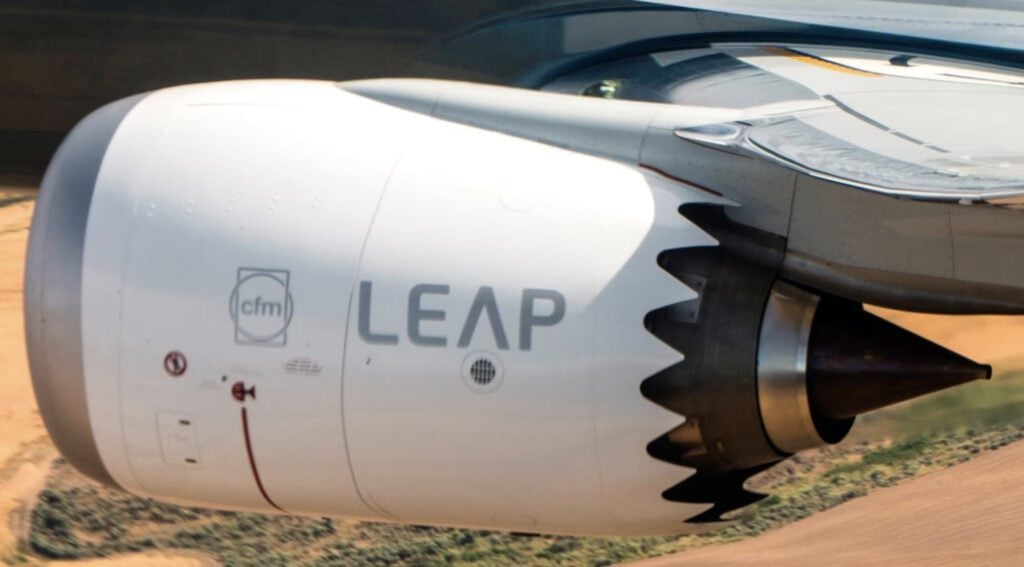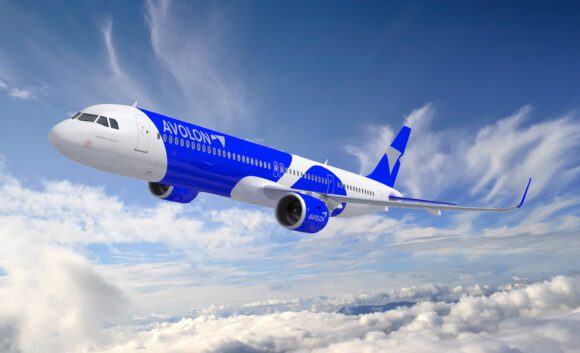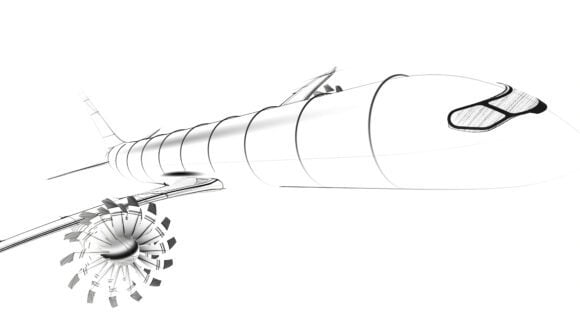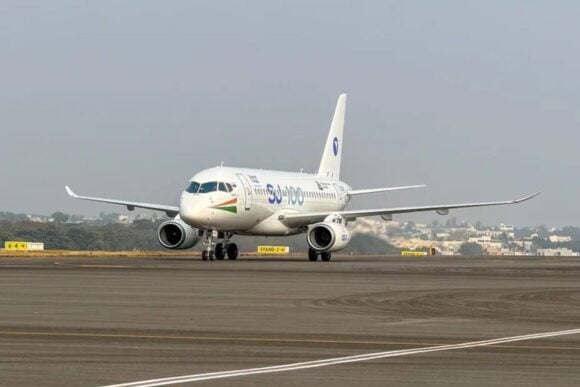
CFM LEAP-1B on Boeing 737 MAX
GE Aerospace reported its Q3 financial results today, with strong financial performance but concerns over a decline in LEAP deliveries. The company’s performance during the quarter was solid, and the company again lifted its 2024 earnings guidance.
Supply Chain Concerns
Earlier today, GE stated that the company is still dealing with supply chain constraints that have led to a decline in jet engine deliveries and are weighing on its revenues. Despite outstanding financial performance from parts and services revenue, that revelation still sent shares tumbling.
Constraints have impacted both narrow-body and wide-body engines, leading to a year-over-year drop in total engine deliveries in the third quarter. While the company upgraded its full-year profit outlook, the easing of sales growth has caused concerns. The company expects LEAP deliveries that power Airbus, Boeing, and COMAC narrow-bodies to decline 10% this year. This is a significant change from the July guidance of flat to 5% delivery growth, leading to a decline in share price.
GE’s CEO Larry Culp said, “We have very strong demand across the industry. Both the airlines, as they utilize existing fleets, and the airframers, as they work to help the airlines expand those same fleets, are pulling on us and others for more.” While the company has been addressing supply chain constraints and improved material output since the last quarter, there remains significant work to be done.
The result of fewer engine deliveries will be problematic for airlines that are trying to replace older and less fuel-efficient jets. However, with constraints impacting deliveries, that replacement process continues to push to the right. Airbus lowered its full-year estimates earlier this year, blaming delays in the delivery of LEAP engines. According to Culp, the company “has a lot of work to do to keep pace” concerning Airbus plans to increase A320neo family output to 75 aircraft per month.
Positive Movements
An upgrade to the high-pressure turbine blades in Airbus’s LEAP-1A engines is expected to be certified in a matter of weeks, and the Boeing strike has not had a ‘significant’ impact on revenue, earnings, and cash flows thus far.
The company has begun shipping GE-9X engines for the Boeing 777X. Boeing has just delayed certification and entry into service until 2026. GE stands ready to deliver the 9X engines to Boeing based on their ramp-up needs.
Airlines keeping older aircraft in service and spending billions in MRO expenses to extend the life of older aircraft because their replacements are not being produced has resulted in record spares revenues for GE’s parts and service operations. The surge in demand for services has more than offset the reduction in engine shipments for the company.
Financial Results
With over 70% of GE Aerospace’s revenues coming from parts and services, that segment is driving strong financial performance. The company reported $9.6 billion in revenues for the third quarter, falling just short of Wall Street expectation of $9 billion. Earnings per share were $1.15 versus an expected $1.13 for the quarter.
New orders were $12.6 billion, with a book-to-bill ratio of 1.31, which bodes well for the future in an industry that already has a seven-year backlog. As a result, GE has increased its guidance for the full year for a full-year operating profit of between $6.7 and $6.9 billion, up from $6.5 to $6.8 billion. That translates to an EPS of $4.20 to $4.35 per share, up from prior guidance of $3.95 to $4.20.
The Bottom Line
While GE is facing constraints and the OEMs have been unable to deliver on their aircraft ramp-ups, the good news is that aftermarket business is typically higher margin than OEM business. When constraints in OEM business occur, higher margins in the aftermarket can offset them, maintaining or increasing profitability. The company beat guidance and Wall Street estimates and raised estimates for the entire year. While concerns about lower aircraft deliveries are impacting the share price, the offsetting increase in MRO volume will more than compensate for losses of OEM profitability in the near term until the supply chain returns to more normal conditions.
Views: 102





